
Apr 25, 2024
In a society that celebrates the American Dream–if you work hard enough, you’ll succeed–the affliction of perfectionism sounds great. It can help with pursuing achievements and a comfortable life, so what’s the harm? Unfortunately, the intense pressure and expectation...

Apr 18, 2024
Supporting a loved one with depression requires compassion and patience. There is a fine balance necessary to navigate conversations about their mental well-being. Knowing what to say and what not to say can be challenging. Your words and actions can have a profound...
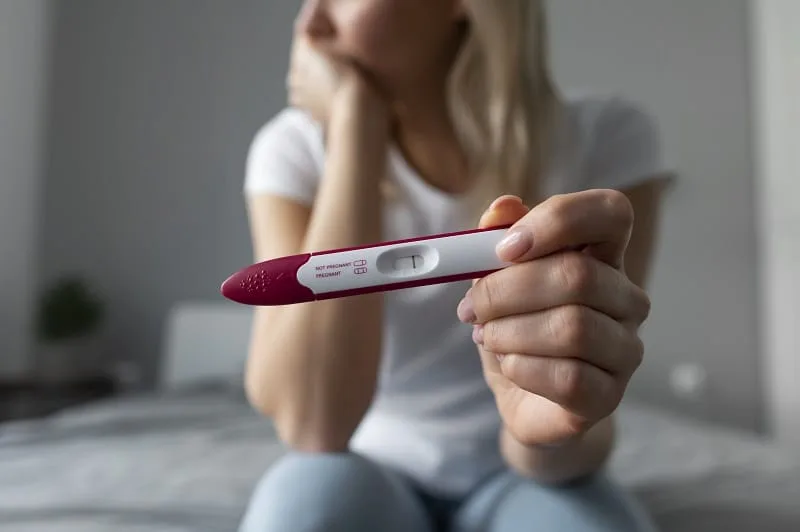
Apr 9, 2024
While not always openly discussed, infertility affects millions of people worldwide. The dream of starting a family can quickly turn into a nightmare when things don’t turn out the way you planned. Physical challenges can cause heartaches and take a toll on mental...
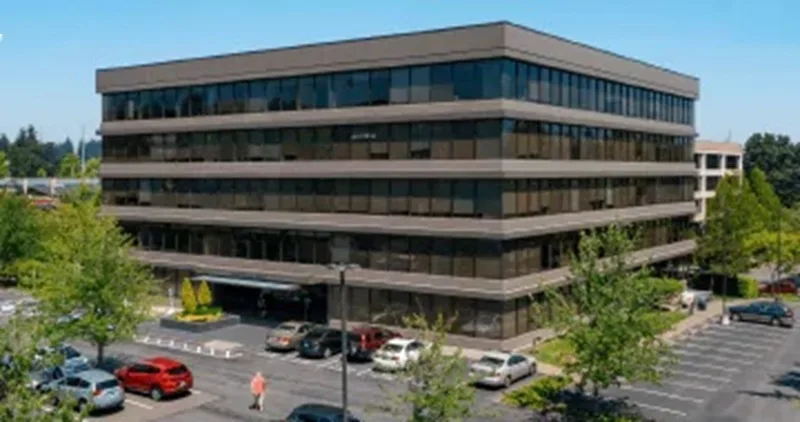
Apr 2, 2024
When seeking treatment for mental health issues, combining different approaches can often lead to enhanced outcomes. Seattle transcranial magnetic stimulation (TMS) therapy is no different. It’s emerged as a valuable therapy to use alongside other treatments, such as...

Mar 28, 2024
Depression is very isolating in nature, and starting transcranial magnetic stimulation (TMS) therapy is just one piece of the treatment puzzle. In addition to TMS sessions, a support system and access to reliable resources can significantly enhance your experience and...

Mar 21, 2024
Transcranial magnetic stimulation (TMS) is one of the few non-invasive and non-systemic treatment options for various mental health conditions. It was approved to treat major depressive disorder (MDD) by the FDA in 2008, making TMS an excellent treatment option for...
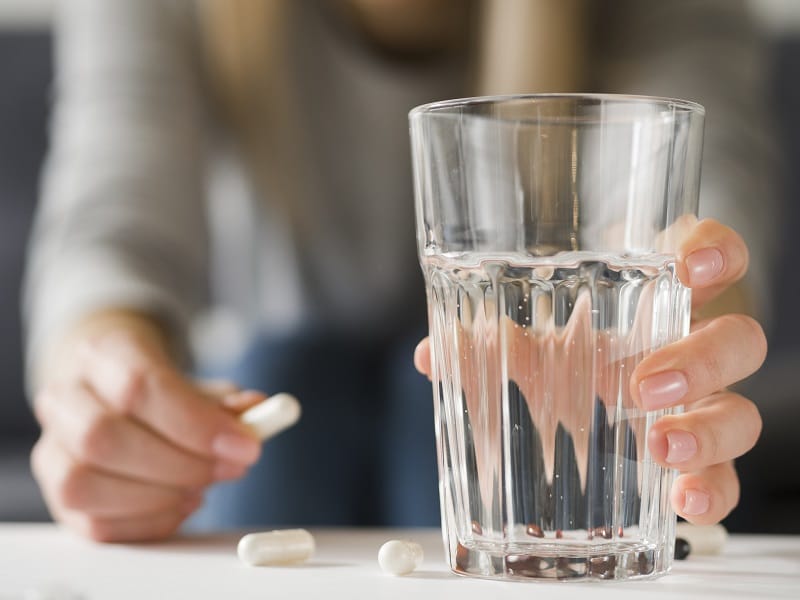
Mar 12, 2024
According to the CDC, nearly 13% of people 12 years or older reported taking antidepressants in the last month. Of that group, 60% have been taking them for two years or more, while 14% have been taking them for more than 10 years. Antidepressants have a long history...
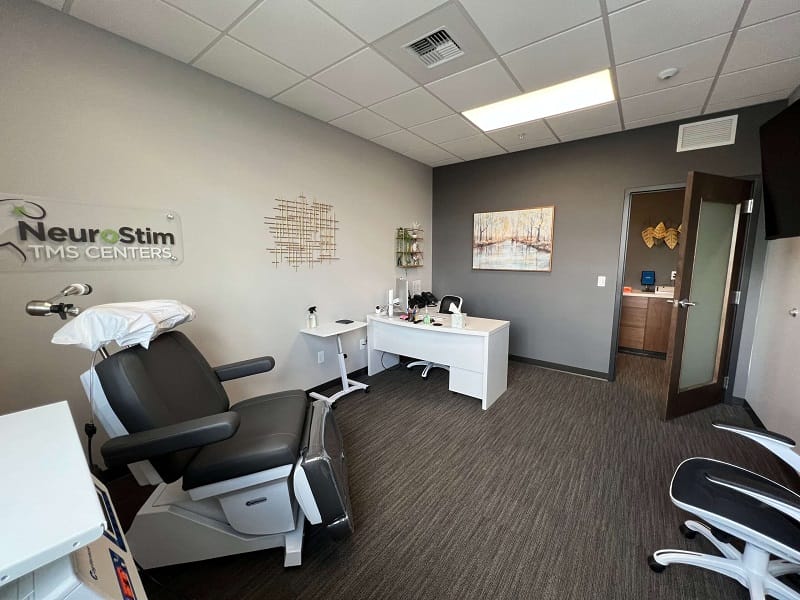
Mar 5, 2024
Major depressive disorder (MDD) is one of the most common mental health issues, affecting millions worldwide. Despite its prevalence and the extensive research on the condition, practitioners only partially understand what goes on in your brain when you have MDD. This...
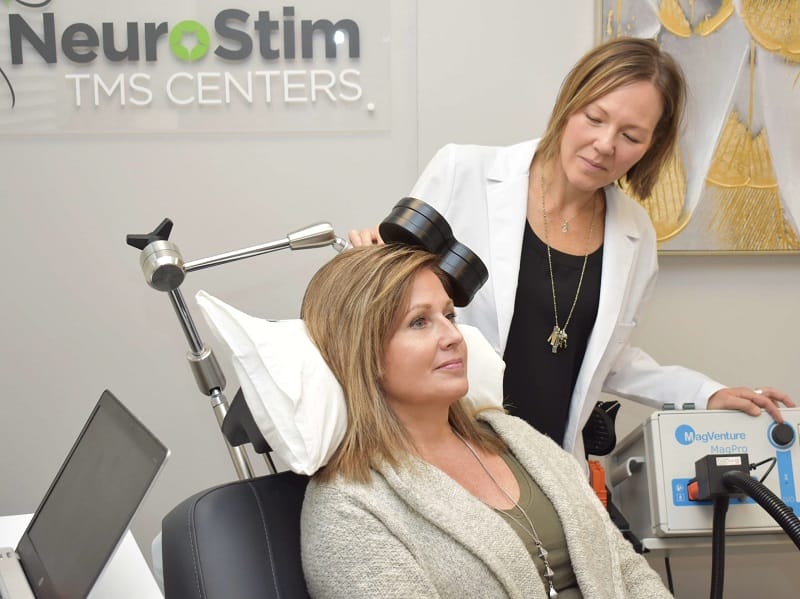
Feb 29, 2024
Starting your transcranial magnetic stimulation (TMS) treatment journey is a significant step towards depression relief. Since gaining FDA approval in 2008, TMS has revolutionized depression treatment as an effective non-invasive therapy. Now, it’s an FDA-cleared...

Feb 22, 2024
Whether you’re experiencing a short bout of situational depression after you’ve moved away from home for the first time, or the wintery weather is bringing your mood down, depression in any form is not easy to deal with. Medication is a common and effective approach...











